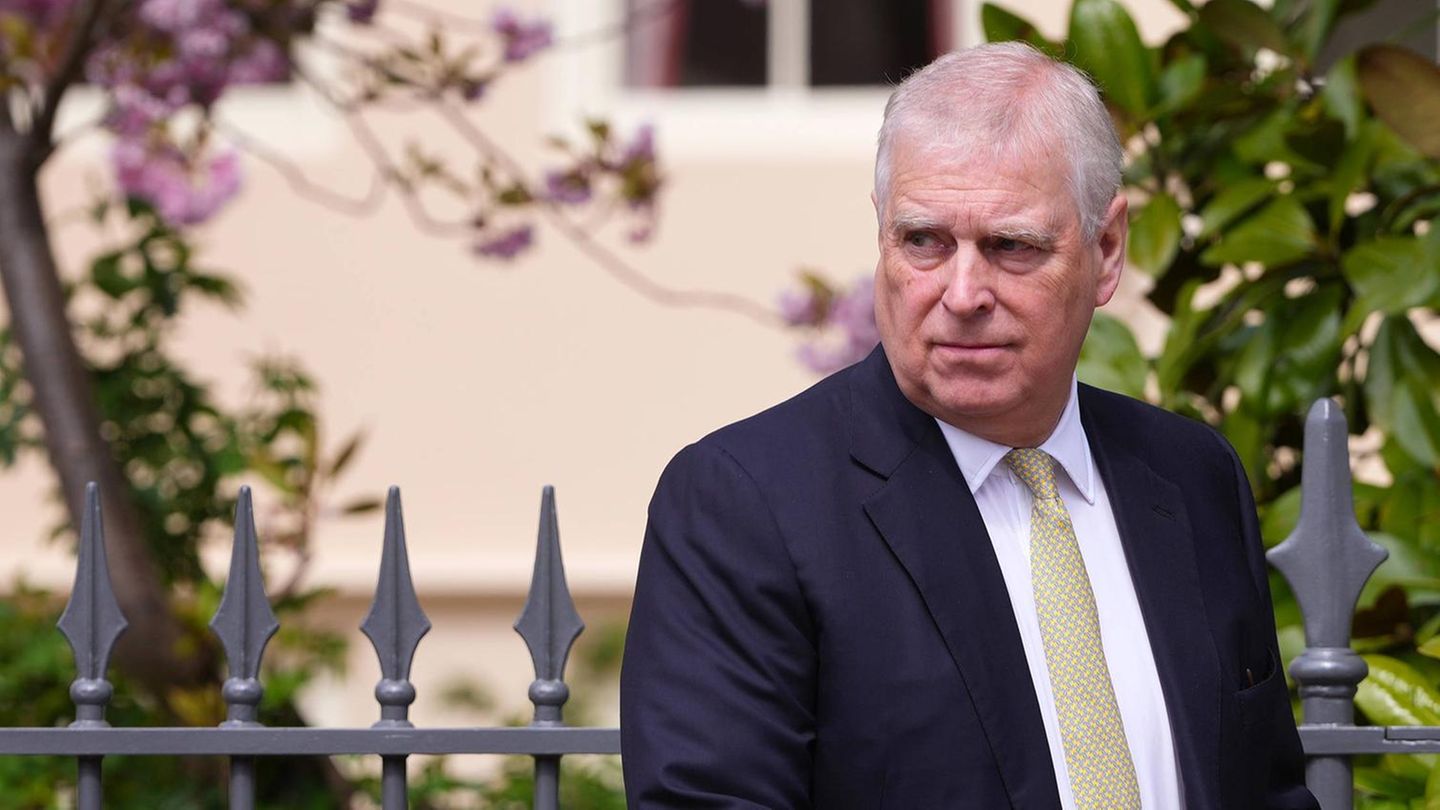THE OPEN LETTER FROM A WRITER TO THE MILITARY BOARD
The open letter from a writer to the military junta is currently an essential document when analyzing the massive violation of human rights in Argentina.
The letter was written by Rodolfo Walsh on the occasion of the first anniversary of the coup, March 24, 1977. The censorship did not allow its publication. It was distributed by Walsh himself and other colleagues. In that action he was intercepted and, having fought, he was wounded and kidnapped by the dictatorship. He still remains missing.
The text is signed by Walsh in his capacity as “writer”. At the same time, without giving up an impeccably crafted narrative style, the letter abounds in journalistic information. So much so that Walsh himself, in the final paragraph, describes his commitment to “bearing witness in difficult times.” The word “testimony”, in this line, reflects his profession as a “journalist”.
At that time Walsh, in addition to being an established writer and journalist, was a member of the Montoneros political-military organization. It is not relevant but he had, towards the end of his days, notable discussions with the leadership of his organization.
Rodolfo Walsh investigates, writes, distributes the letter. And he fights. A real Walsh. The writer, the journalist and the military political activist.
The writing of the letter is, indeed, part of an act of resistance. However, as he wrote, perhaps the last act of resistance of this brilliant intellectual was not the product of his pen, but of the flash of his revolver. Walsh, letter in hand, with the ink still fresh, fought in Entre Ríos and San Juan in the city of Buenos Aires against his captors. Which speaks of the complexities of a time that cannot be analyzed – as long as reasonableness is sought – by extrapolating the context that he described above.
Going to the analysis of the text, specifically, it must be said that the letter has 6 points. For a pedagogical analysis, I dared to label them as follows:
- a) Context and introduction of the Charter. Point 1.
- b) Description of the torture. Point 2.
- c) Description of the murders. Point 3.
- d) Description of the disappearances. There are not two demons. Condor Plan. Point 4.
- e) Planned misery. Neoliberalism. Point 5.
- f) IMF. Neoliberalism. Point 6.
In addition to the quality of writing, which is distinguished, the letter describes in 1977, a year after the coup, many things that will only begin to develop many years later. The extension of the massive and systematic violation of human rights: Murders disguised as confrontations, disappearances, torture and their methods. With a clear objective, change the matrix of the economic system, lower the participation of workers in the GDP, change a culture of solidarity for one of individualism. Walsh puts it in an unbeatable way:
“… In the economic policy of that government, not only the explanation of its crimes must be sought, but also a greater atrocity that punishes millions of human beings with planned misery.“
In turn, the writer’s lucidity is revealed in something that will be rectified many years later. There are not two demons. This thing that was left floating in the prologue to Never more in 1984, and which was only revised in the 2006 prologue to that text, Walsh wrote it in 1977:
“…The Board that you preside over is not the balance between “violence of different signs” nor the fair arbiter between “two terrorisms”, but the very source of terror that has lost its way and can only stammer the speech of death“
rodolfo walsh.jpg
For his part, the Condor Plan It is explained in point 4 of the letter although without that name. Specifically, it was the organization of the different military governments of the South American countries, under the supervision of the United States, to detain, torture, disappear and/or kill Latin American fighters wherever they are. The Uruguayan senator Zelmar Michelini, the chilean general Carlos Prats or the former Bolivian president Juan Jose Torres murdered by the Argentine dictatorship, are examples of this. Walsh spoke of this agreement in 1977:
“The certain participation in these crimes of the Department of Foreign Affairs of the Federal Police, led by officers with scholarships from the CIA through the AID, such as commissioners Juan Gattei and Antonio Gettor, themselves subject to the authority of Mr. Gardener Hathaway, CIA Station Chief in Argentina…”
The level of precision of the information that Walsh handled when the events were taking place during the strictest censorship of dissident voices and the absolute violation of the right to freedom of expression is impressive.
He does not write “Plan Condor”, as you said. But that’s it. Walsh becomes aware of the crimes and relates them. More details about this American terror coordinator will be known later.
For its part, there is also a glimpse of what will later be characterized as “civic-military dictatorship.” The judicial framework that made up the system is described. The judicial family rejecting habeas corpus, denying the defense of the massive violation of human rights. And the civilian beneficiaries of the genocide appear (Walsh writes “extermination”), but also its ideologues:
“… the old livestock oligarchy, the new speculative oligarchy and a select group of international monopolies…”
The role of the media within what was the civilian leg of the dictatorship was fundamental. As an example, magazines like “Gente” or “Para Ti” publishing “reformatories for subversives” or making “reports” on “repentant” disappeared people who had already been murdered. These and other media gave extensive coverage to the opposition to what the dictatorship called the “anti-Argentine campaign,” which was in truth the international demand for respect for human rights driven by Argentine exiles. The shootings were reported in the newspapers as “confrontations”, only because the official voice said so, without cross-examination or questioning, when it was evident – as Walsh clarified – that they were massacres. Clarín, inaugurating this saga, titled day one of the coup: “New government. Total normality.”
Returning to Walsh and to round it off, one year after the coup, the letter specifies the massive violation of human rights. But, also, its economic motivations (installation of neoliberalism), its civil constituents (oligarchies and international monopolies), its geopolitical coordination (Plan Condor, coordinated by the US) and the impossibility of any justification, through the theory of the two demons .
THE ARGENTINE RURAL SOCIETY TO THE COUNTRY
The Argentine Rural Society (SRA), the same day as the Walsh Open Letterpublished a brief request in the main newspapers of Argentina:
“The Armed Forces took the reins of the country with patriotic determination…”, the praise began.
The text condemns the “cynical” abuse of the “human rights qualification” by the “stateless guerrilla” who “have suffered harsh blows” and who are now dedicated to attacking the country from abroad through the “leftist press.” ”. Considers the “inconvenience” of “premature political openings.” He warns that the “systematic socializing nationalization” has failed. And cry out against the impatient:
“… This process requires the support and sacrifice of all sectors…”
There is a diagnosis of the causes of the crises: “corruption”, “uncontrolled inflation” and “fiscal disorder”. Concepts that enjoy good health today. It is curious, they talk about “crime as a political means” only in reference to the stage that led to the process.
One year after the coup, there is celebration for what they consider achievements (the “frank retreat” in which the guerrilla finds itself) and praise for the allies (the “patriotic commitment” of the Armed Forces) but you can also read the route (“it is essential to make decisions”): “modernization” that implies “the liquidation of state companies and the resizing of the bureaucracy.” Only in this way can “the great national objectives” be achieved.
image.png

THE IMPOSSIBLE DIALOGUE
In an impossible dialogue with the Walsh Open Letterthe comparison of both texts dated the same day is disturbing, although necessary.
As we saw, Walsh points out the Rural Society as one of the beneficiary sectors of the economic model established by the dictatorship. The “old livestock oligarchy” he writes, but also by name and surname refers to the “creed of the Rural Society expounded by its president Celedonio Pereda” when he is surprised, according to Walsh, because there are those who consider that food should be cheap.
In a mirror, the SRA denounces the “leftist press” for abusing the concept of human rights. That adjective could fit the journalist and Montonero activist who, however, questions the “overwhelming propaganda” that shows that “General Videla defends Human Rights or that Admiral Massera loves life.”
At the same time, Walsh questions the spectacle of the Stock Exchange and financial speculation, which were “very curious under a government that came to put an end to the “feast of the corrupt.” We have already seen that the Rural Society welcomes the objective of ending corruption. However, in the results of the stated goal of putting a stop to uncontrolled inflation, the SRA is silent. Walsh does not (400% annually writes).
Finally, “Who are the stateless people in the official statements?” the writer asks himself and seems to speak directly to that adjective immersed in the request, after describing the denationalization of banking that compensates ITT and Siemens, the return of gas outlets that increases the profits of Shell and Esso and the reduction of customs tariffs that create jobs in Hong Kong or Singapore and unemployment in Argentina.
Clearly, as can be seen, there are two country models. Diametrically opposite. As if they were two different countries in one. But they are the same. The problem is that one of these models violates human rights. The rest is history, memory and current events?
Source: Ambito
David William is a talented author who has made a name for himself in the world of writing. He is a professional author who writes on a wide range of topics, from general interest to opinion news. David is currently working as a writer at 24 hours worlds where he brings his unique perspective and in-depth research to his articles, making them both informative and engaging.




